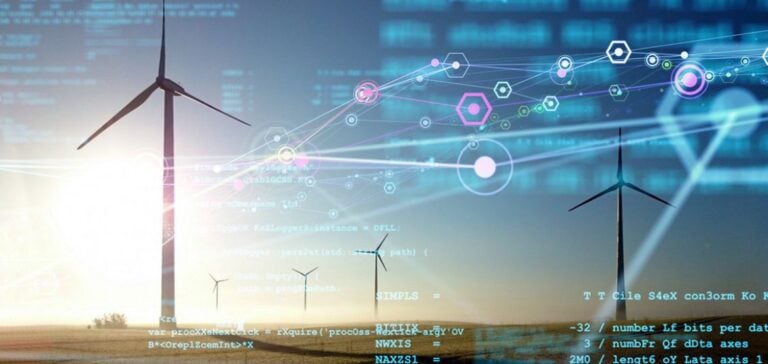Splight Inc, a startup specializing in artificial intelligence (AI)-based energy network management technologies, announces that it has secured $12 million in its initial funding round. Led by noa (formerly A/O) and backed by investors including EDP Ventures, Elewit, Draper Cygnus, Draper B1, Ascent Energy Ventures, Fen Ventures, Reaction Global, Barn Investments and the UC Berkeley Foundation, the funding round aims to strengthen Splight’s presence in North America and Europe. Network congestion, often referred to as gridlock, results from a lack of transmission capacity due to
outdated contingency management methods.
This leads to losses of up to 40% of renewable energy production, and delays the connection of thousands of renewable energy projects.
Splight technology and impact
Splight develops innovative AI-based technology to improve grid operations using inverter-based resources (IBR) as a source of reliability.
This approach significantly reduces curtailment and accelerates the connection of renewable power plants and the deployment of distributed energy resources (DER) and batteries.
Using real-time data and advanced algorithms, Splight’s technology transforms IBRs into grid-compatible assets.
By addressing real-time contingencies, this technology unlocks up to twice as much transmission capacity, injecting terawatts of clean energy into the grid while adding reliability.
This no-compromise solution is revolutionary for grid operations, and meets the growing need for renewable energy with existing transmission infrastructures.
A promising future for network management
Fernando Llaver, CEO of Splight, says: “Our technology is proven and commercially viable: we solve network congestion while adding reliability. This fundraising is a huge vote of confidence that will be used to expand our business internationally.”
Thomas Vadora, CTO of Splight, adds, “This investment is a significant step that will accelerate our growth, enhance our product offerings and bring great value to our customers.”
Investors in this funding round are diverse and include funds specializing in climate and energy technology, industry leaders and university endowments.
These investors have a global footprint covering the UK, USA, Portugal, Spain, Brazil, Chile, Mexico and Argentina.
Technology for a sustainable world
Kia Nejad, investor at noa, comments: “Reducing energy production is perhaps the most pressing issue in the transition to a sustainable energy system. Splight’s technology offers a practical approach to modernizing the energy grid to meet today’s needs. We are delighted to support Splight as they lead the implementation of large-scale grid software, with an established presence among industry-leading customers in Europe, the US and Latin America.”
Splight was founded by Thomas Vadora, Fernando Llaver and Carlos Caldart.
Their expertise in computer science, electrical engineering and deep experience in the energy industry culminate in a vision to revolutionize energy and sustainability through technology.
This approach solves grid problems faster and more efficiently than any other solution available today.
Splight’s technology provides a real-time operational layer and increases grid reliability.
This new flexibility-based reliability layer frees up to twice the transmission capacity, facilitating the mass adoption of electric vehicles (EVs) and DERs, optimizing battery use and achieving zero-emission power grids faster than any other alternative.






















